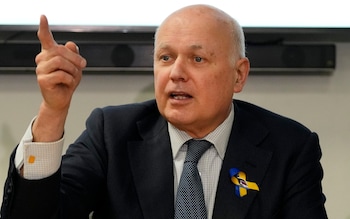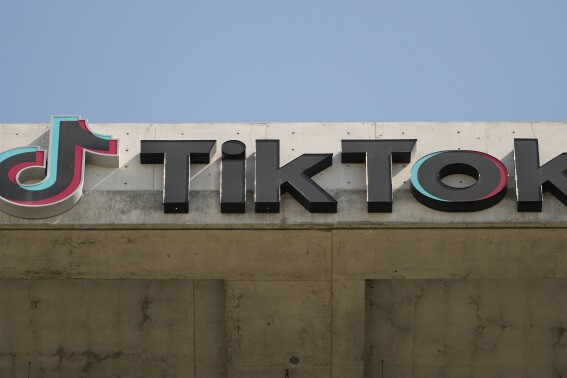Two vulnerable people died shortly after their health alarms failed, raising concerns over the looming switch-off of analogue phone lines.
Telecoms providers including BT and Virgin Media O2 are overhauling Britain’s antiquated copper landline phone network under “switch-off” plans to move to digital phones that work over the internet by the end of 2025.
The move is going ahead despite landline-dependent households being left cut off and unable to call 999 during Storm Arwen in 2022.
Others have warned that phone providers switching to digital landlines could negatively affect thousands of “telecare” devices used by disabled and elderly, as well as burglar alarms – many of which are dependent on old landline technology.
It has now been confirmed two Virgin Media O2 customers died several days after their health pendants failed to function, following the switching off of their phone lines towards the end of last year.
One customer reportedly died in June six to eight days after their device failed, while the other died in November four to six days following their device failing – although their deaths have not been formally linked to non-functioning devices or landline switches.
However, that two customers died just days after their devices stopped working has raised fresh concerns about the landline switch-off.
The incidents caused the company to temporarily halt its rollout of digital lines and sparked the Government to seek assurances in December from telecoms companies to vulnerable customers during the transition.
After the second death, ministers summoned the chief executive of Virgin Media O2, Lutz Schüler, and the communications regulator Ofcom for meetings.
In February, the watchdog said it was investigating the firm’s compliance with rules mandating uninterrupted access to emergency organisations and treatment of vulnerable consumers.
BT said the “tragic incidents” highlighted the need for collaboration “among key players” in the digital landline switch, saying “more needs to be done”. A spokesman said every local authority and telecare provider needed to share data on which phone lines have telecare devices “so that we can give those customers the right support at the right time”.
Bob Blackman, Conservative MP for Harrow East, who used to work for BT, said: “It’s up to the communication companies to give firm guidance as to what people need to do.
“This is an upgrade that is going on across the country [and] it’s going to provide better service to people.
“People with health alarms are by definition vulnerable and telecom companies have a duty to ensure the products they are using on their lines are safe and are working.”
Phone suppliers including Virgin agreed with the Government to follow additional measures in December to ensure vulnerable people were not put at risk from the digital transition, including that no telecare users would be migrated to digital landlines without confirmation their device was compatible with the change.
The Department of Health and Social Care last year estimated that there are 1.8 million telecare customers in Britain, who rely on a round-the-clock hotline to emergency services in their homes in case of sudden illness or accidents.
Both of the deceased Virgin Media O2 customers are understood to have had underlying health conditions.
The Government said it was “shocked and saddened” to learn of the fatalities, revealed in a Freedom of Information (FOI) obtained by the Financial Times, adding “our thoughts remain with the families affected”.
Virgin Media O2 said it did not provide the telecare devices to the deceased customers and that it had no reason to believe that their being disconnected played any role in the deaths.
The Department for Science Innovation and Technology (DSIT) has cautioned that it does not hold information on whether the device failures were a “a significant contributing factor or cause of death” and that fully operational devices might “have made no significant difference in the circumstances”.
The move to digital landlines is not mandated by the Government, however, The Telegraph understands phone providers are unable to acquire the necessary parts to repair the UK’s Victorian-era copper phone line system and therefore must install replacement fibre cables.
Suppliers have warned that without the upgrade outages in phone lines will become progressively worse, posing more risks. Data from Ofcom shows that failures in the old phone network rose by 20pc in 2023.
A DSIT spokesman said: “We’ve been clear these provider failings are unacceptable. That’s why we stepped in to secure agreements with the biggest network providers and operators and strengthen protections for vulnerable consumers, meaning the majority of the telecoms industry is now signed up.”
A Virgin Media O2 spokesman said it was complying with government measures on the digital phone rollout and said no vulnerable or telecare customers were being switched over at present.
A spokesman added: “At the point these types of migrations do resume, additional checks will take place in the home to ensure landlines are active and that telecare providers are aware of any alarm unit issues.”
Disclaimer: The copyright of this article belongs to the original author. Reposting this article is solely for the purpose of information dissemination and does not constitute any investment advice. If there is any infringement, please contact us immediately. We will make corrections or deletions as necessary. Thank you.



